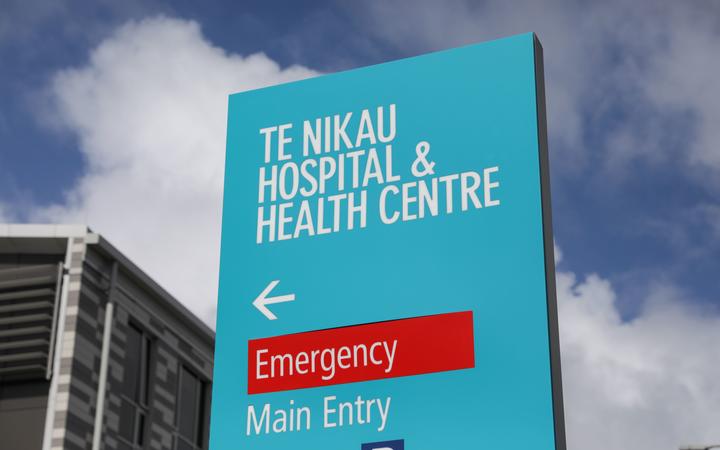
It was one of five 'serious adverse events' reported by the West Coast District Health Board for the 2019-20 year and the only one leading to the death of a patient.
Serious adverse events are those which result in significant additional treatment, major loss of function, are life threatening or lead to an unexpected death. DHBs around the country must report such incidents to the Health Quality and Safety Commission and review them with the aim of avoiding repeats.
In the case of the West Coast fatality, the DHB did not identify the hospital or medical centre to which the patient was first admitted, describing it only as the "event location".

It said the "consumer" was seriously ill when first seen.
"Consumer with co-morbidities deteriorated with an acute condition and subsequently died after being transferred to a tertiary centre," the report said.
West Coast patients needing intubation and other types of intensive care are generally transferred to Christchurch Hospital.
The reviewers said not a single aspect of the patient's care complied with the DHB's policies and procedures or the Health and Disabilities Standards.
There had been a delay in transfer to the tertiary hospital; a delay in recognising the deterioration in the patient's condition, and poor communication.
"Criteria for adult admission to (unnamed hospital or health centre) should be developed and show clear protocols to ensure patients are managed collaboratively in the right place, right time, by the right people," the reviewers recommended.
These criteria should reflect the "clinical capability and experience of the multi-disciplinary team," they said.
"They should also take into consideration the limitations of the facility and the complexity of transport when transferring to a higher level of care."
The "multi-disciplinary team integration of service and the nursing model of care" at the undisclosed hospital or health centre should be reviewed, the review found. It recommends more training for all staff working there.
The report also recorded two cases where hospital patients fell to the floor, breaking their hips.
Both patients were cognitively impaired; one also had physical problems and both were "mobilising independently" when they fell; that is, moving without support or supervision.
In the first case, the care given to the patient met all the DHB's required standards. But clinicians who reviewed the accident found there had been some "confusion ... interpreting the word supervision and what that meant for patient care".
In the second case the review found neither care nor documentation was up to standard.
No single cause could be identified but risk management before and after the fall failed to comply with DHB policy.
The reviewers recommended that in future, care plans should include "a working definition and scope of the word supervision".
The fifth significant adverse event reported by the DHB involved a patient who was sent home from hospital without appropriate medication and had to be readmitted, acutely ill.
West Coast DHB chief medical officer Graham Roper said robust incident reporting systems allowed staff to report adverse events.
"Preventing adverse events relies on our continued efforts to review and learn from mistakes when they happen. It's important staff feel supported to speak up so that we can improve what we're doing, or learn from what went wrong."
By Lois Williams
Local democracy reporter












